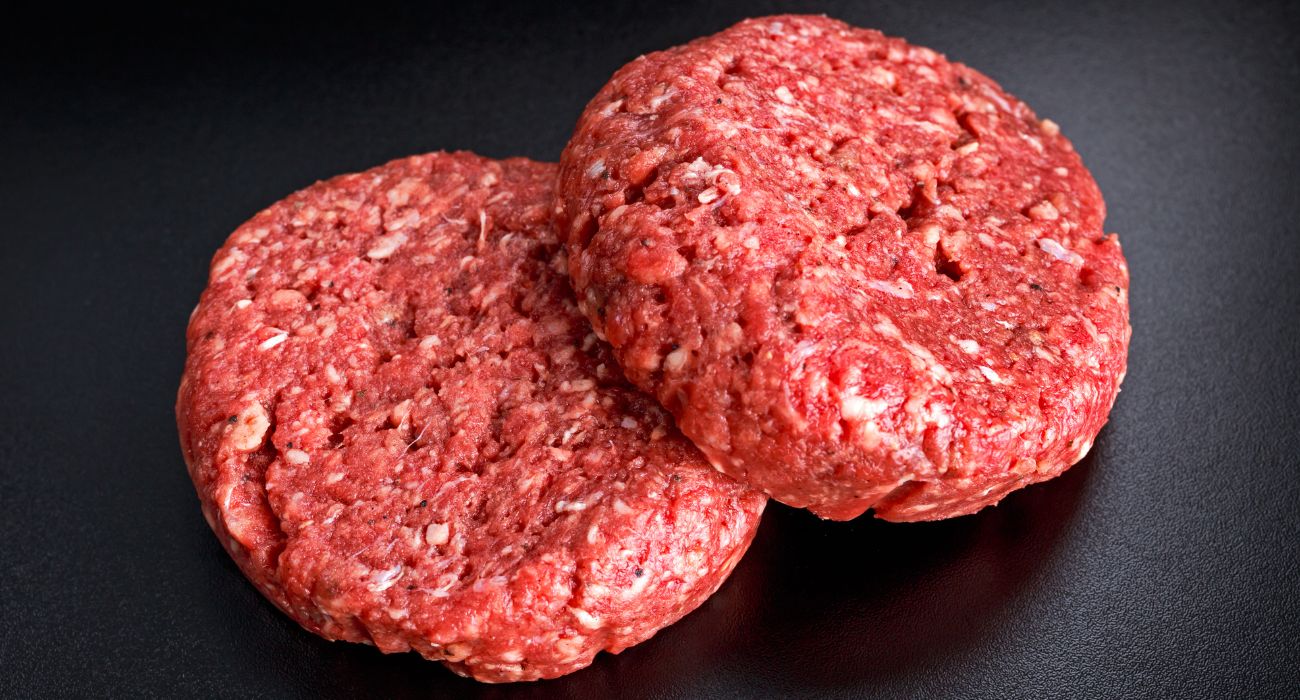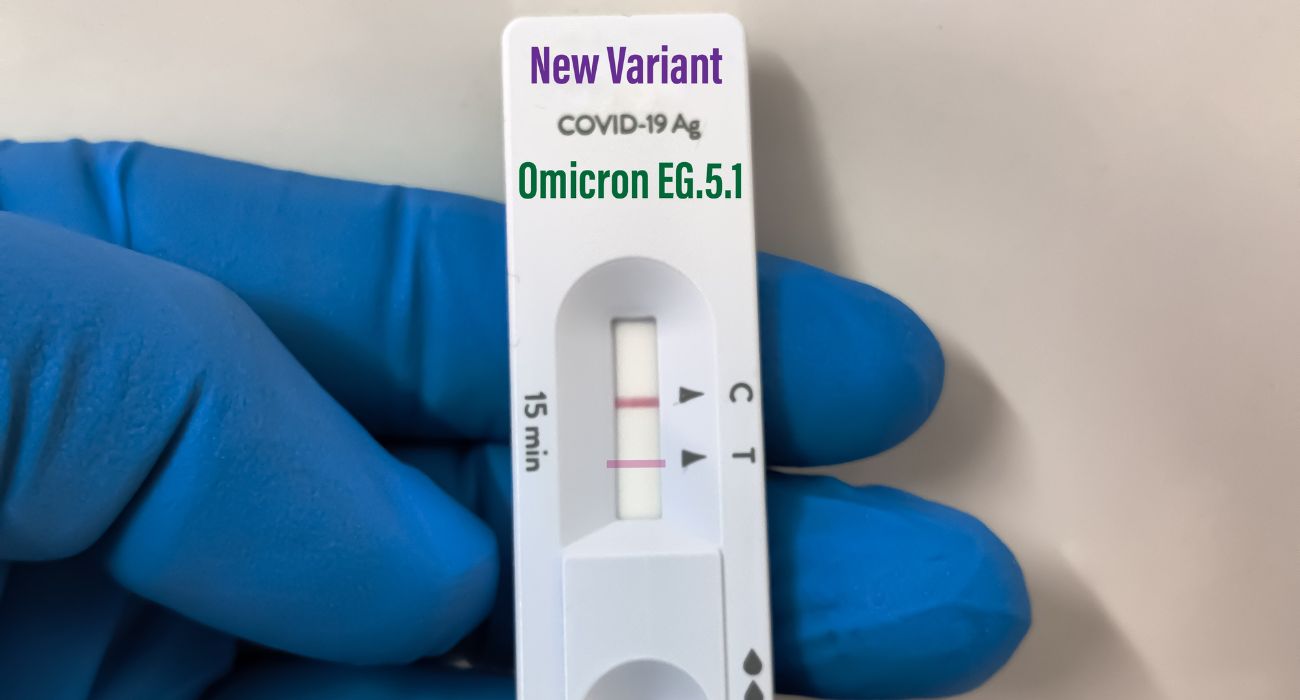A new study has revealed that urinary tract infections might be caused by the consumption of contaminated meat products.
Over 8.1 million visits to the doctor are made per year in the United States because of urinary tract infections (UTIs).
Researchers from George Washington University published a paper on February 28 suggesting that between 480,000 and 640,000 of these annual UTIs can be traced to consuming foodborne bacteria like E. coli.
E. coli can be in the intestines of people and animals, although not all strains can make us sick, per the Centers for Disease Control and Prevention. Yet when E. coli does cause illness, it doesn’t always manifest in diarrhea and vomiting, as one might imagine.
As the authors of the recent study wrote, E. coli is actually “a leading cause of bladder, kidney, and bloodstream infections in humans.” Yet both the source of the infection and how it enters the gut are not entirely clear.
Senior author Lance B. Price, who co-directs the Antibiotic Resistance Action Center at George Washington University, led the study, which aimed to demystify the E. coli infection process, per USA Today.
The research team used a new genomic method to trace the origins of E. coli infections.
In order to establish a connection between meat products and E. coli urinary tract infections, researchers obtained E. coli strains from raw chicken, turkey, and pork sourced from major grocery store chains in Flagstaff, Arizona, in the year 2012.
These strains were compared with urine and blood samples from patients admitted to Flagstaff Medical Center for UTIs in that same 12-month period.
E. coli has host-adaptive genes, meaning that the researchers were able to trace the lineage of strains appearing in humans back to the meat product by animal type.
By analyzing the genomes of the samples, the researchers found that approximately 8% of E. coli urinary tract infections in the area could apparently be traced back to meat products.
This finding is significant because most strains of E. coli are not monitored in the nation’s food supply, per USA Today.
Instead, as Tim Johnson, a co-author of the study and a faculty member at the University of Minnesota’s College of Veterinary Medicine, explained, surveillance programs primarily focus on specific types of E. coli that cause diarrhea, such as E. coli O157:H7.
Moreover, there are no regulations in place regarding the permissible levels of the strains of E. coli known for causing UTIs present in meat products.
“[Due to this absence of regulations] they’re allowed to pass through the food system because they’re deemed not a risk to human health,” Johnson explained, per USA Today. “What this study shows is that there are certain strains that don’t cause acute human disease … but they still have the potential to cause disease later on via UTIs.”
This finding also provides a new way of tracking other foodborne pathogens like salmonella, which causes about 1.35 million infections and 420 deaths each year, per the CDC.
“The study design, along with advancements in genomic technologies, allowed us to establish the linkages between food sources and the clinical cases,” said Northern Arizona University professor of microbiology Paul Keim, a co-author of the study, per USA Today. “The conclusions from this model situation will affect public health practices worldwide.”
Women are more prone to UTIs than men, with 60% of women having at least one in the course of their lifetime compared to 12% of men.
Less severe UTIs can usually be treated through antibiotics, but more severe infections can potentially spread into the bloodstream and become life-threatening.






